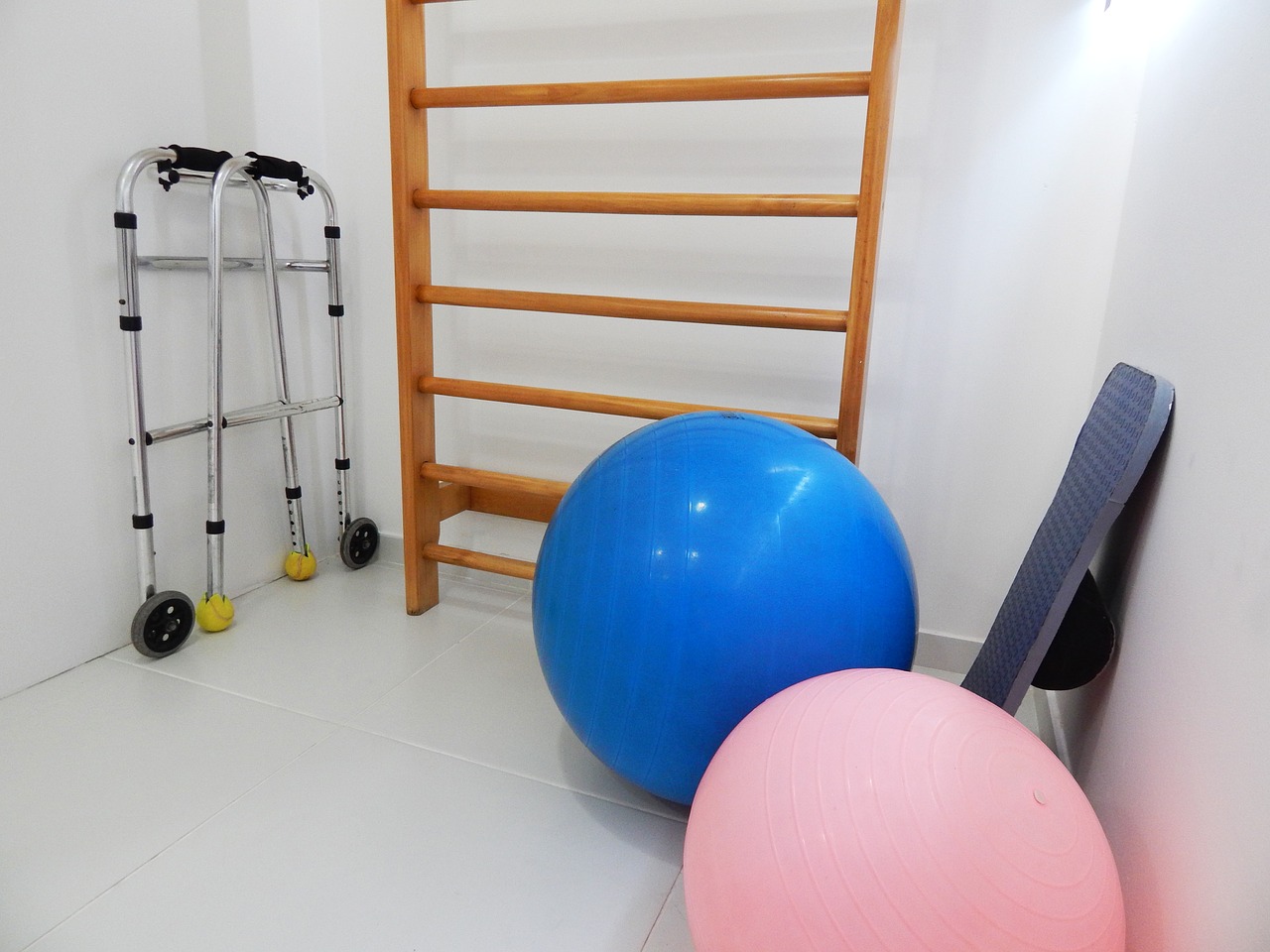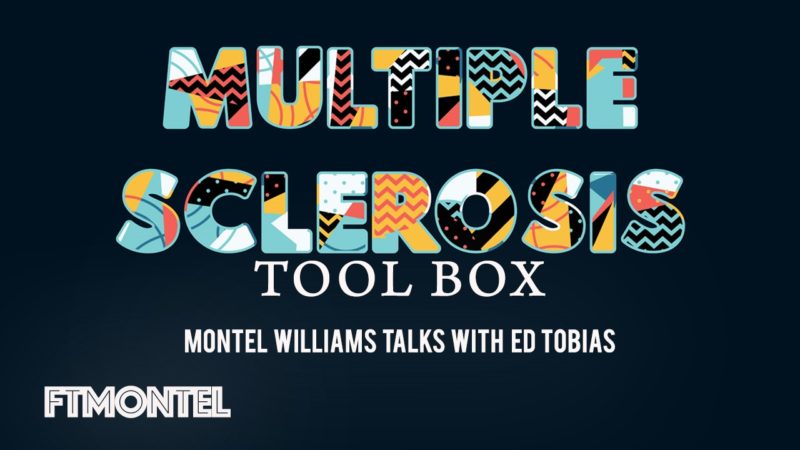The other night in bed my calf muscles started cramping. Again. Usually, it’s just my left leg, but that night it was both. The pain wouldn’t ease with my usual stretching routine so I reached for my little bottle of cannabidiol (CBD) oil.
I’ve been experimenting with CBD oil on and off for a few months. I rub it into my left calf muscle before bed and on many nights it seems to help. The muscle doesn’t cramp. But on other nights the oil doesn’t do a thing. And on some nights, when I haven’t used any oil, the cramps don’t appear. The night before I wrote this the CBD oil gave me relief. The past two nights, however, I didn’t have any cramps and I didn’t use any oil.
What’s happening here? Does the oil really have healing properties, or is the action of massaging it into my leg what’s really responsible for my relief? Or, could it be something else, like how well hydrated I am before I get into bed?
CBD Oil: No prescription needed
CBD comes from hemp, which is a strain of the cannabis plant that contains less than 0.3 percent THC. THC is the property in the plant that’s psychoactive and is responsible for marijuana’s “high.” Over the past several months, CBD has become so mainstream in the United States that you can find it sold over the counter in pharmacies such as CVS and Walgreens. It’s even on the shelves of some home product stores such as Bed Bath & Beyond.
This over-the-counter availability was made possible late last year when the U.S. Agriculture Improvement Act of 2018 became law. The new law removed hemp from the Controlled Substances Act, which means that federal law no longer considers hemp to be an illegal substance. On the other hand, the Food and Drug Administration cautions that it hasn’t reviewed or approved any of the CBD products that are extracted from hemp and are flooding the market.
Here’s my concern
CBD products come in all sizes and shapes. There’s CBD oil that you can rub on your body and CBD oil that you can drip under your tongue. There’s CBD balm, CBD capsules and CBD gummy bears. There’s even CBD for dogs.
According to an article in STAT, “Twenty-six percent of Americans have tried CBD in the last two years, and the rates are much higher for patients with conditions that seem to respond to CBD treatment.” But none of these products have been tested by the government for efficacy or safety. There are many anecdotal stories from CBD users about how great the stuff is for pain, for sleeping, and in my case, to relax muscles. But that’s it.
As Dr. Peter Grinspoon wrote on the Harvard Health Blog last year, “Without sufficient high-quality evidence in human studies we can’t pinpoint effective doses, and because CBD is currently … mostly available as an unregulated supplement, it’s difficult to know exactly what you are getting.”
That’s a concern for me. When my doctor prescribes a medication, I know what dose to take and how often to take it. I also know that the med has been tested for safety and that its production is quality controlled. I know what I’m getting. The majority of the how-to advice that I’ve read about CBD centers on going slowly and experimenting. So, that’s what I’ve been doing, even though I don’t really know what’s in the CBD bottle.
The jury is still out for me on CBD oil, but I guess I’ll keep rubbing it on my cramping legs. Even if the relief that I’ve been feeling is a placebo effect, it’s still relief. But it would sure be nice to see some clinical trials of CBD and some standard guidelines for its use.
(This post is an updated version of one of my columns on the MS News Today website).
(Featured photo from Flickr Creative Commons)



